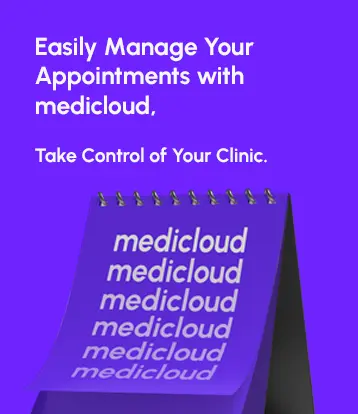Security Concerns in Dental Software: Addressing and Overcoming
Introduction
Hey there, dental aficionados and tech-savvy clinicians! Welcome to another must-read post that will get you thinking deeply about your practice’s software security. Today, we’re here to discuss one of the most pressing issues in the world of dental software: Security Concerns. Yep, we’re going there.
In this age of cyberattacks and data breaches, security should be at the forefront of every dental practice’s mind. With patient information being more valuable than gold on the dark web, the stakes are high. While software solutions offer unprecedented efficiency and ease, they can also pose risks if not adequately secured.
That’s why we’re spotlighting MediCloud, a dental software that takes security seriously, ensuring you can focus on your patients instead of worrying about cyber threats.
So, what are these security concerns, and how can you overcome them? Let’s dive in!
Identifying the Security Concerns
Before we can talk about solutions, it’s vital to understand the problems. Here are some common security concerns associated with dental software:
1. Unauthorized Access
From internal team members to hackers, unauthorized access is a major concern that can compromise sensitive patient data.
2. Data Encryption
Lack of strong encryption protocols can leave your data exposed, making it easy prey for cybercriminals.
3. Compliance Issues
HIPAA compliance is a big deal in healthcare. Not meeting these requirements could not only lead to hefty fines but also compromise patient trust.
4. Physical Security
We often overlook the importance of physical security like secure servers and computer access, focusing solely on digital threats.
5. Backup and Recovery
The absence of robust backup and recovery plans can be devastating in the case of data loss or corruption.
Addressing and Overcoming Security Concerns
1. Role-Based Access Control
Controlling who has access to what information is crucial. Implementing role-based access can ensure that only authorized individuals have access to sensitive data.
2. Strong Encryption Algorithms
Employing strong encryption algorithms for both data-at-rest and data-in-transit can significantly reduce the risk of data exposure.
3. Compliance Audits
Regularly auditing your practice for HIPAA compliance can not only help you avoid penalties but also beef up your security measures.
4. Physical Security Measures
Invest in secure, locked areas for servers and establish protocols for computer access to prevent unauthorized physical access to data.
5. Regular Backups and Recovery Plans
Implementing a robust backup and recovery strategy can save your practice in cases of data loss due to accidental deletion or cyberattacks.
Why MediCloud is a Game-Changer in Security
1. Robust Access Control
MediCloud understands the importance of role-based access controls. With their software, you can customize who has access to what, ensuring maximum data protection.
2. State-of-the-Art Encryption
MediCloud employs the latest encryption protocols to protect your data, both when it’s sitting in your database and when it’s being transferred.
3. Compliance Ready
One of the standout features of MediCloud is its built-in compliance checks, making it easier for you to meet HIPAA standards.
4. 24/7 Monitoring
With MediCloud, your practice is monitored 24/7 for any suspicious activity, ensuring immediate action if there’s a hint of unauthorized access.
5. Efficient Backup and Recovery
MediCloud offers an effective backup and recovery plan, giving you peace of mind that your data is safe, secure, and easily recoverable.
Final Thoughts
While there’s no foolproof way to ensure 100% security, being proactive can save you from many headaches down the road. Investing in a secure dental software like MediCloud can offer you that added layer of security while allowing you to focus on what you do best: providing excellent dental care.



